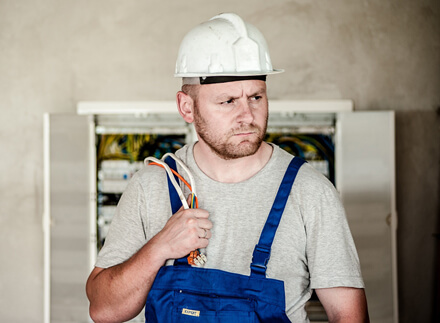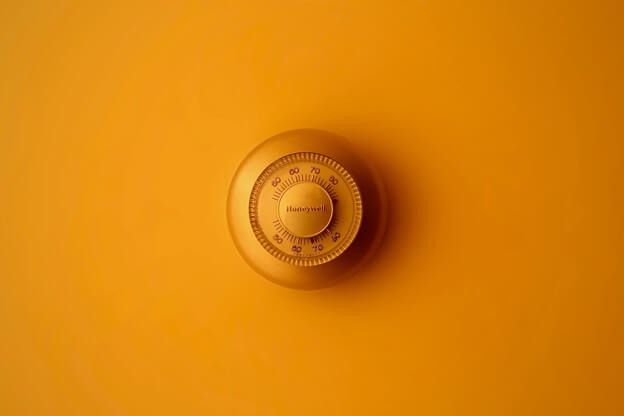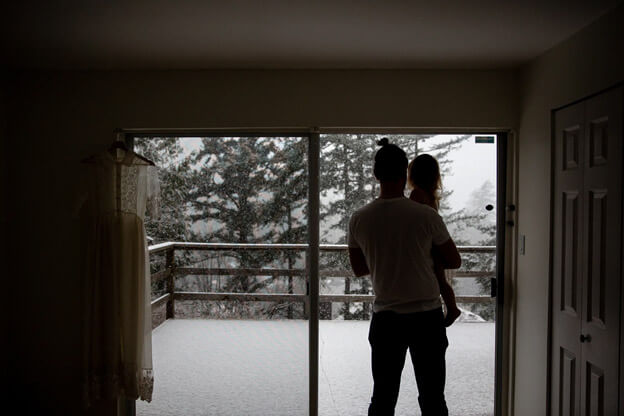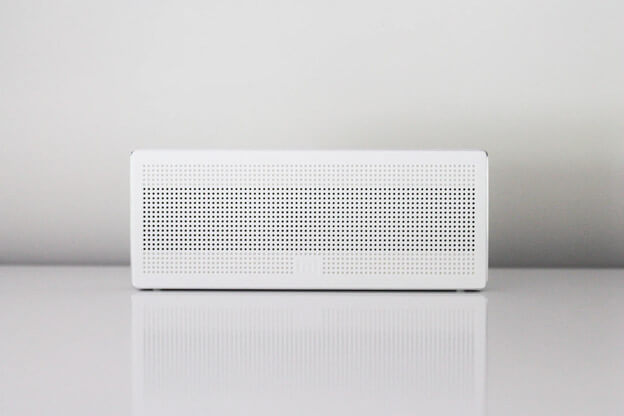
Sometimes it’s not a matter of noticing things so much as it’s a matter of time. A unit passed a particular age is going to eventually cause problems or, if it starts to break, it will be too old to find reliable parts to fix easily or cheaply. Check the serial number on your unit, even if it’s been acting fine, and get an idea for when it might come time to start looking at a new unit for your home. It’s best to get ahead of your heating unit replacement needs rather than suddenly find yourself staring at an outdated and broken unit.
Slow Air Flow
The airflow for your unit should be steady and consistent. It doesn’t just slow down for no reason at all. If you notice a change in the airflow, in particular, the air is coming out slower, or not at all, this could be a sign that you’ve got a problem. Unfortunately, if you do notice this, you won’t be able to diagnose it on your own, so be sure to call a technician the second you notice the airflow is off so they can find out what’s going on.
Indoor Humidity
No matter what time of year it is, there shouldn’t be a build-up of humidity in your home. If the air feels stuffy or sticky or you’re noticing condensation build-up in some places, it’s a sign that there is a humidity problem with your HVAC unit. This can happen at any time of the year, though we most often associate humidity problems with summer. So, if you notice the air in your home has gotten thick or moist, you need to call an HVAC professional to have them take a look at your HVAC unit and determine if it requires repairs.
Thermostat Problems
One of the most common issues you’ll come across when it comes to your heating unit is thermostat malfunctions. If your thermostat says one thing but it feels like something different, that’s a sign something is wrong. It does not necessarily mean your aging HVAC unit is on its last leg. Thermostat inconsistencies can have a lot of different causes. That’s why calling a professional the second you notice it is important. A thermostat malfunction could be a sign that your heating unit is underperforming.
Bad Smells
Obviously, not every unwanted smell is a sign of something wrong with the heating unit. But, lingering smells that you can’t trace to the kitchen or garbage are likely coming from your air vents. This is especially true if you smell something burning. Older units can overheat and components can be damaged this way, so you may smell burning material inside your unit, which could be a normal smell of smoke or an even more unpleasant rotting smell. Either way, call a professional when you smell something odd and unexplainable in your house.
Call a Denver heating company if you think your heating unit is going bad.




